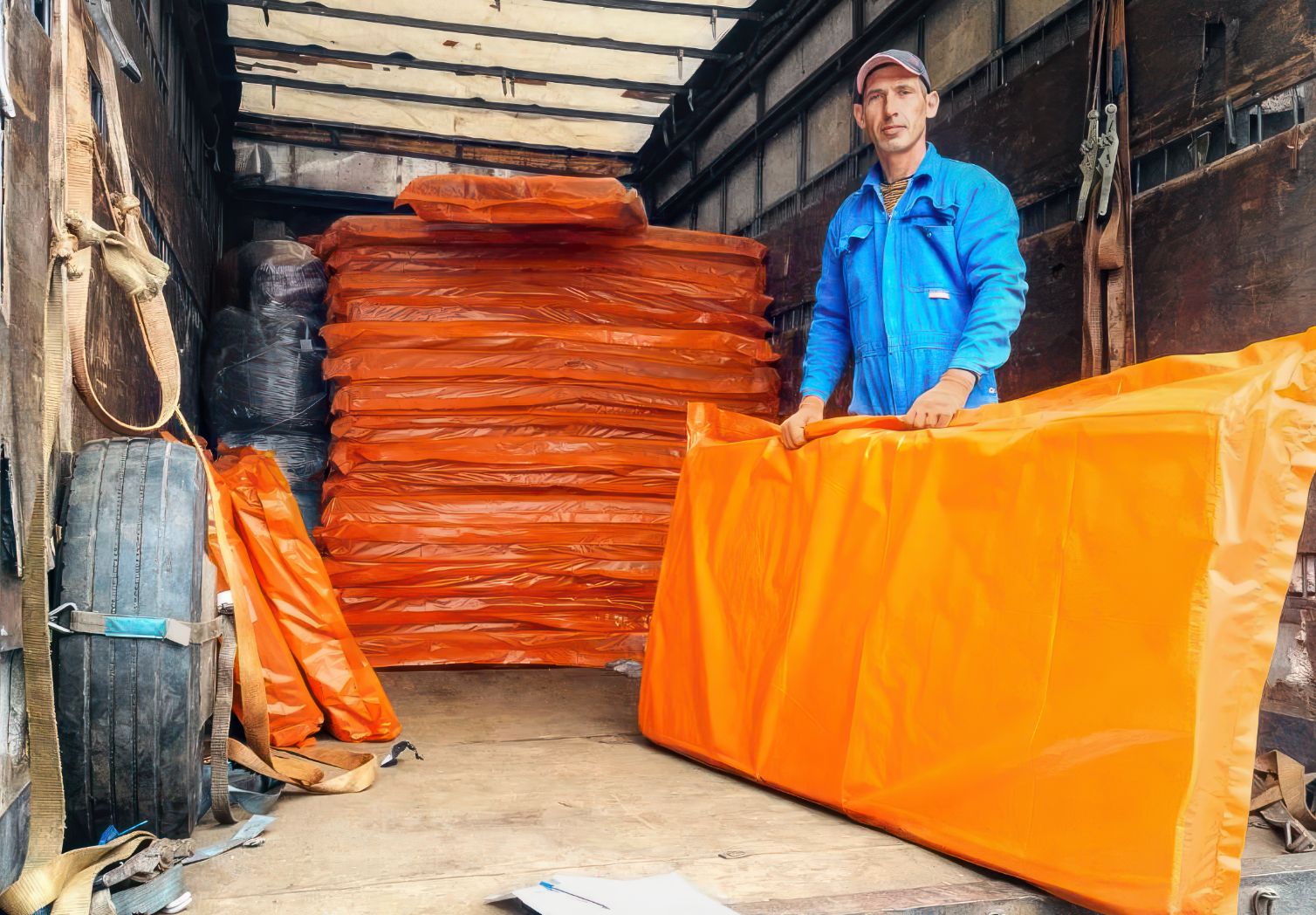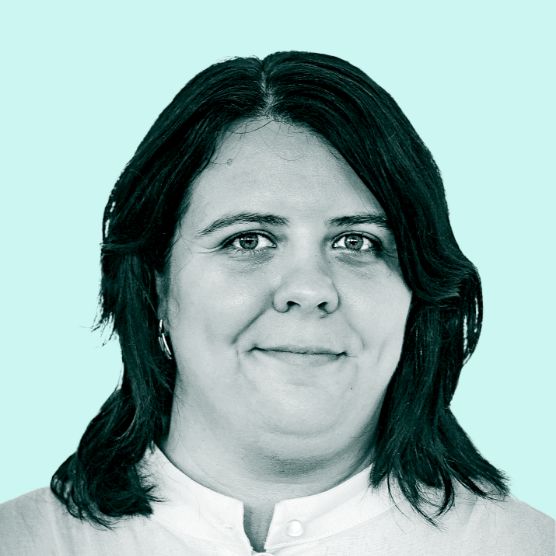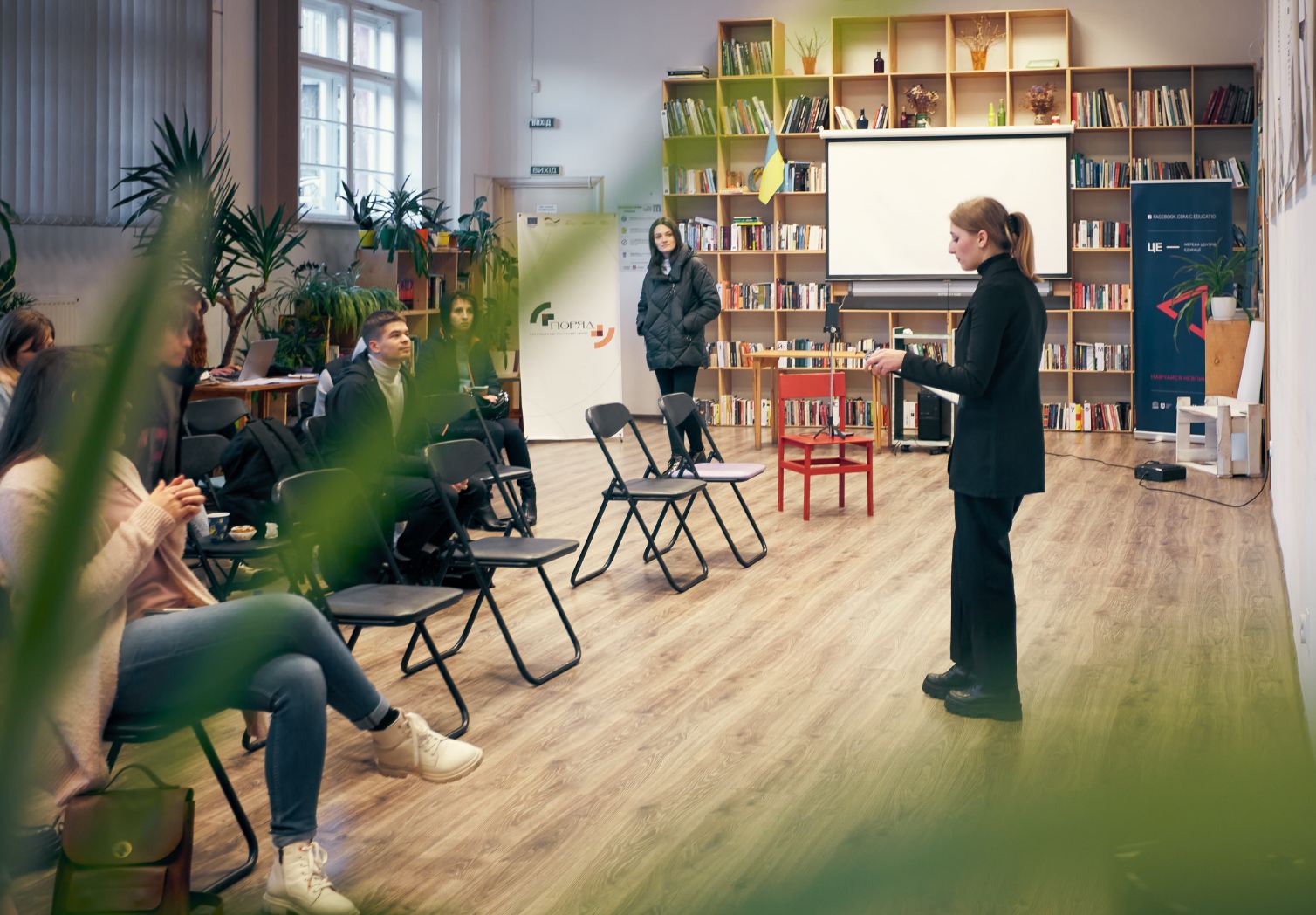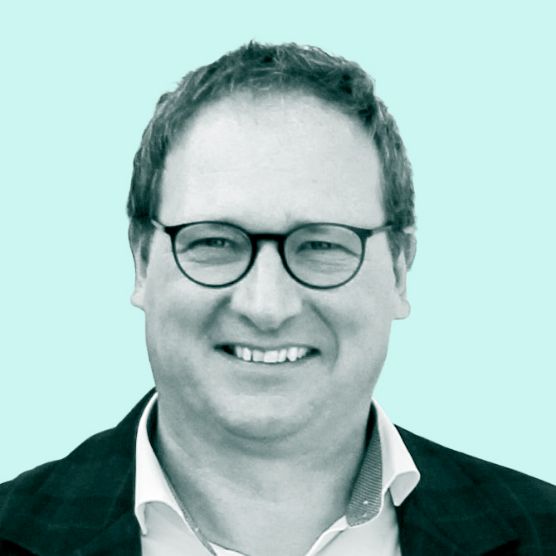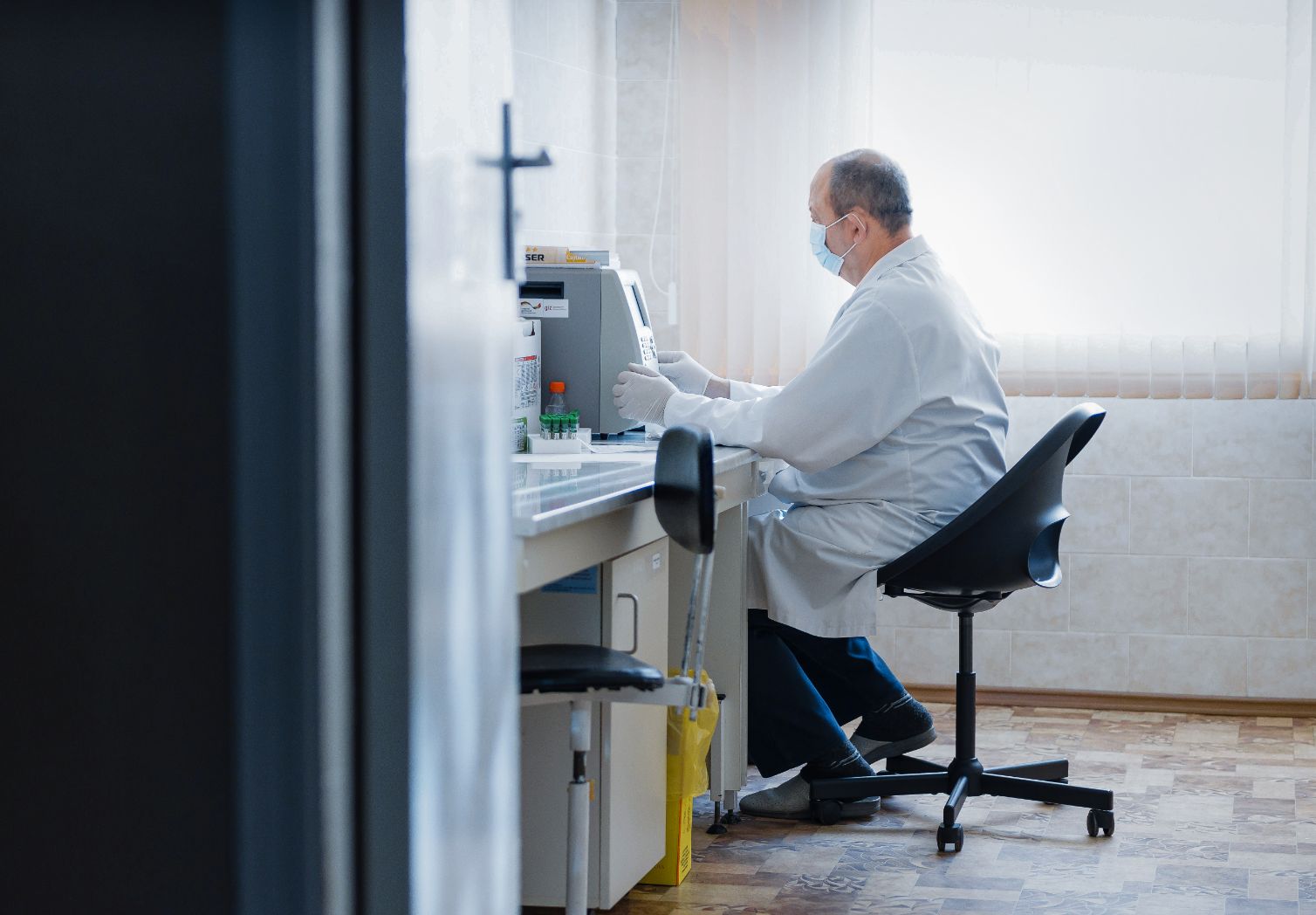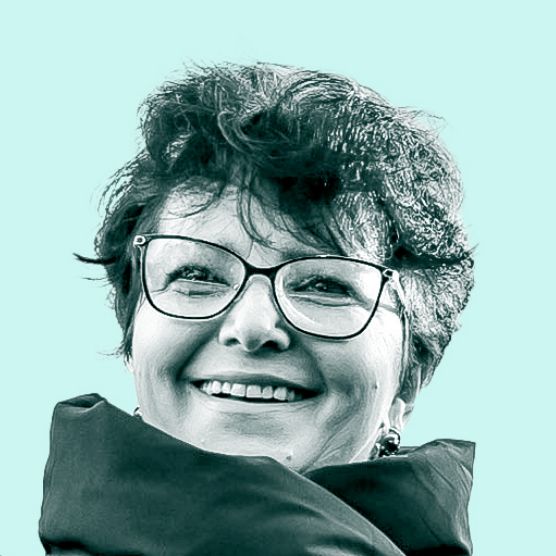February 2022: For five years, Sven Stabroth has been working for peace in eastern Ukraine as a development worker. Now, suddenly, he is forced to leave the country. He is evacuated, without even having time to retrieve his belongings from his flat. Russian forces roll across the border. The war of aggression has begun. Everyone at GIZ is worried about the safety of staff members. Stabroth’s international team is ripped apart. Some are glued to screens, anxious about colleagues and friends. Others suddenly find themselves in the middle of a war zone with air raid warnings and missile strikes. No one knows what this will mean for their work together.
It quickly becomes apparent that what the people in Ukraine need first and foremost is acute survival aid. GIZ has been working in Ukraine for 30 years. Its network on the ground enables it to respond rapidly, engaging closely with local communities. Within the framework of the German Federal Ministry for Economic Cooperation and Development’s Special Assistance Programme for Ukraine, GIZ procures relief supplies, food and bedding for some of the seven million or so internally displaced people. Generators, water filters and solar modules for the towns and cities affected by the war help maintain essential power and water supplies. The EU provides some of the financing. ‘The project had pinned our needs and challenges before we were able to identify them. Everything you have been delivering us is of great value and importance for the well-being of the people here,’ says Antonina Moskalyuk, Deputy Mayor of the City of Kodyma.
